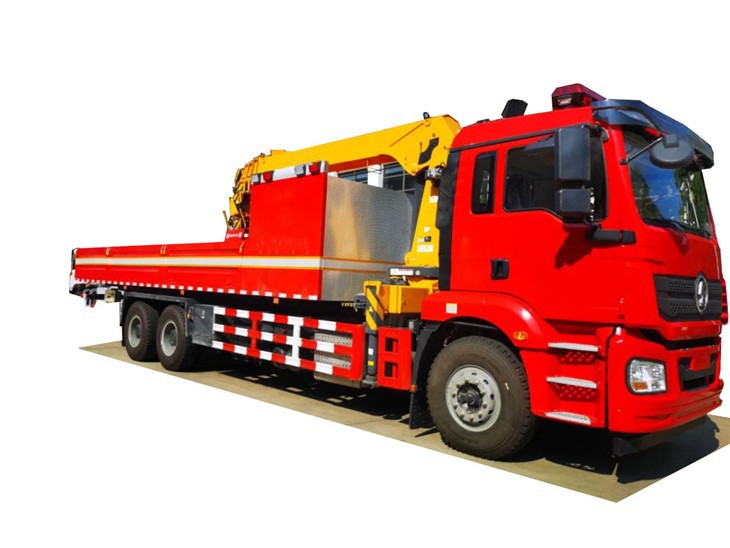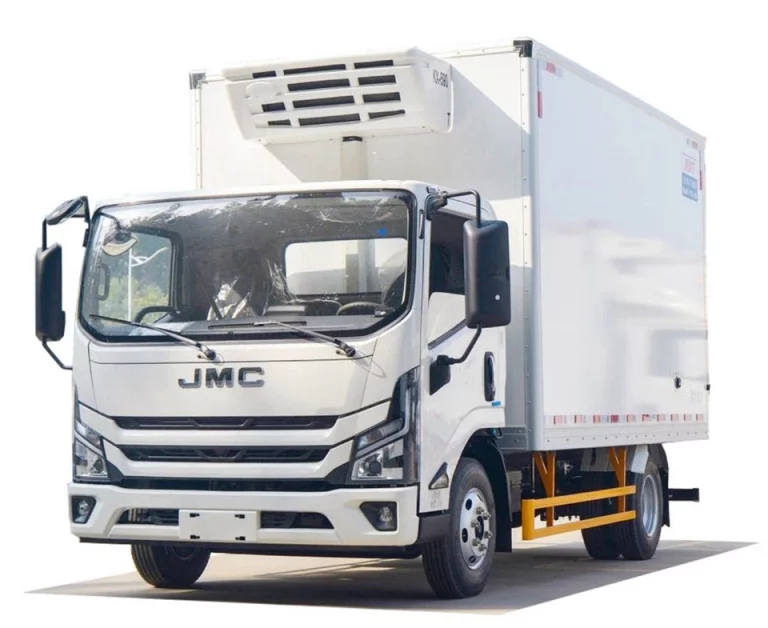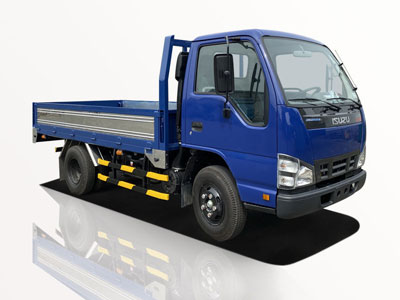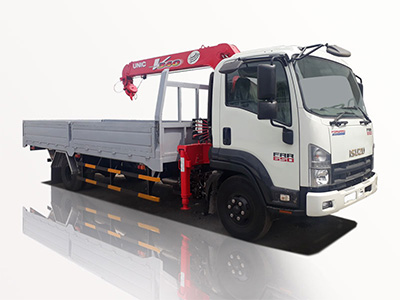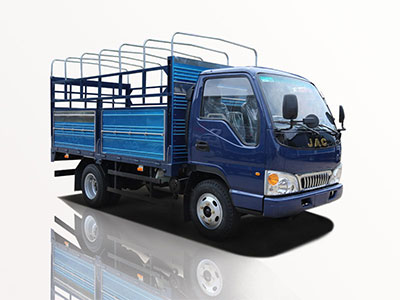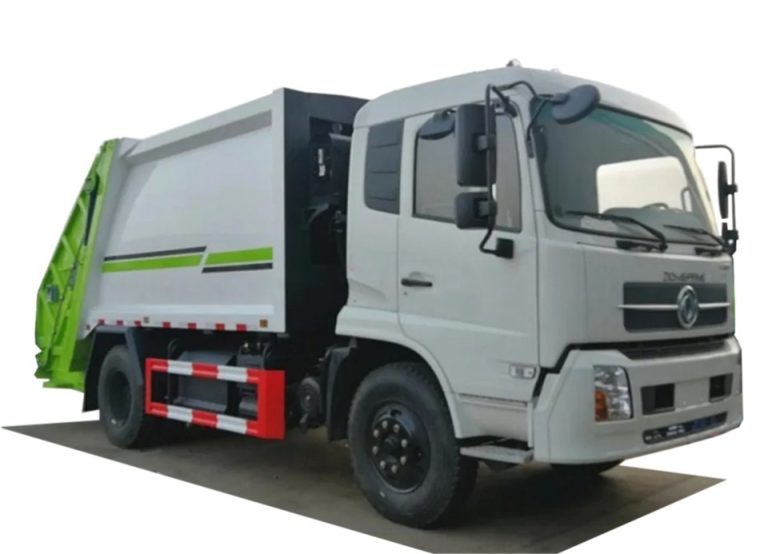Liquid vacuum trucks are specialized vehicles designed for collecting, transporting, and disposing of liquid waste. They play a vital role in various industries, including municipal services, construction, and environmental management. This article will delve into the workings of liquid vacuum trucks, their applications, and the benefits they offer, all while providing practical examples and tips for optimal use.
Understanding Liquid Vacuum Trucks
What is a Liquid Vacuum Truck?
A liquid vacuum truck is a heavy-duty vehicle equipped with a vacuum system that can efficiently suction liquids and sludges. These trucks are built with a tank that can hold waste materials and a powerful vacuum pump capable of creating a vacuum to draw in the liquids. They are commonly used for cleaning septic systems, industrial waste removal, and environmental cleanup tasks.
How Liquid Vacuum Trucks Work
The primary components of a liquid vacuum truck include:
- Tank: The storage unit where collected liquids are stored before disposal.
- Vacuum Pump: The device that creates the suction needed to draw liquids into the tank.
- Hose: The flexible tube used to connect the vacuum pump to the waste source for suction.
- Controls: Operational buttons and knobs used to manage the vacuum and tank discharge functions.
- Rear Door: Allows for the easy unloading and disposal of the contents captured in the tank.
Types of Liquid Vacuum Trucks
1. Standard Liquid Vacuum Trucks
These trucks are commonly used in municipal applications for sewer cleanouts and septic tank pumping. They typically have a tank capacity ranging from 1,000 to 3,000 gallons.
2. Combination Trucks
Combination trucks have both vacuum and jetting capabilities, making them versatile for both liquid and solid waste management. They’re ideal for cleaning sewer lines and culverts.
3. Specialized Liquid Vacuum Trucks
Some trucks are tailored for specific industries, such as oil and gas, where they handle hazardous materials and require special features to ensure safety and compliance.
Applications of Liquid Vacuum Trucks
Municipal Waste Management
Liquid vacuum trucks are crucial for municipal wastewater treatment, allowing cities to maintain sanitary systems and prevent environmental contamination.
Industrial Cleanup
Many industries, like manufacturing and food processing, generate liquid waste that needs proper removal. Liquid vacuum trucks help manage this waste efficiently.
Environmental Remediation
In cases of spills or leaks, these trucks are vital for cleaning up hazardous materials from sites to ensure environmental safety.
Benefits of Using Liquid Vacuum Trucks
Efficiency and Speed
Liquid vacuum trucks can quickly and effectively remove large volumes of liquid waste, making them essential in emergency situations.
Cost-Effectiveness
By utilizing liquid vacuum trucks, businesses can minimize the labor costs associated with manual removal methods and also reduce disposal fees due to the efficient management of waste.
Environmental Compliance
Proper waste disposal using these trucks adheres to environmental regulations, preventing potential fines and ensuring compliance with local laws.
Choosing the Right Liquid Vacuum Truck
Capacity Considerations
When selecting a liquid vacuum truck, consider the tank capacity needed for the job. Larger tanks are suitable for extensive projects, while smaller ones may work for residential services.
Power of the Vacuum Pump
The strength of the vacuum pump determines how effectively the truck can suction substances. Higher horsepower is preferable for challenging conditions.
Customization Options
Depending on the specific needs, there are options for customizing liquid vacuum trucks, such as additional filtration systems or various hose configurations.
Maintenance Tips for Liquid Vacuum Trucks
Regular Inspections
Conduct periodic inspections of hoses, tanks, and pumps to ensure they are in good working order. This can prevent costly repairs and downtime.
Proper Cleaning
After each use, ensure the tank and hoses are cleaned to prevent residue build-up and contamination of future loads.
Pre-Operational Checks
Perform a pre-operational check before each use, including fluid levels, pump condition, and proper functioning of safety equipment.
Challenges and Solutions in Using Liquid Vacuum Trucks
Handling Hazardous Materials
When dealing with hazardous liquids, ensure that operators are trained and equipped with the right protective gear. Use specialized tanks designed for hazardous substances.
Pump Performance Issues
If a vacuum pump is underperforming, check for blockages in the hose or filter. Regular maintenance of the pump can also prevent performance issues.
Environmental Regulations
Stay informed about local regulations regarding waste disposal. Consult experts if unsure about compliance when using a liquid vacuum truck for hazardous materials.
Practical Examples of Liquid Vacuum Trucks in Action
Case Study: Municipal Wastewater Management
A city in the Midwest faced challenges with sewer backups. By implementing a liquid vacuum truck system, they could efficiently clear clogs and maintain a steady flow in their sewer systems, reducing public complaints and improving sanitation.
Example: Industrial Cleanup
An industrial plant experienced a spill of liquid chemicals. They employed a specialized liquid vacuum truck to quickly contain and remove the spill, ensuring no environmental harm occurred and adherence to regulatory requirements.
Future Trends in Liquid Vacuum Truck Technology
Advancements in Vacuum Pumps
Future models may incorporate advanced technology such as more efficient pumps that minimize fuel consumption while maximizing suction power.
Integration with Smart Technology
As smart technology becomes more prevalent, we may see liquid vacuum trucks equipped with GPS systems for optimized routing and real-time monitoring capabilities.
Hybrid Electric Models
With growing environmental concerns, manufacturers are beginning to explore hybrid models of liquid vacuum trucks, which will reduce emissions and fuel consumption.
FAQs about Liquid Vacuum Trucks
What types of waste can liquid vacuum trucks handle?
Liquid vacuum trucks can handle various types of liquid waste, including sewage, industrial waste, stormwater, and hazardous materials, depending on the specifications of the truck.
How often should liquid vacuum trucks be serviced?
It is recommended to service liquid vacuum trucks every 1,000 hours of operation or at least once a year to ensure optimal performance and safety.
Are liquid vacuum trucks safe to use?
Yes, when used correctly and by trained professionals, liquid vacuum trucks are safe. Operators should follow all safety guidelines and procedures, especially when handling hazardous materials.
How do I choose the right liquid vacuum truck for my needs?
Consider the types of waste you will be handling, the volume of waste, and any specific features required for the job, such as pump strength or tank size.
Can liquid vacuum trucks be used in emergency situations?
Absolutely! Liquid vacuum trucks are often deployed in emergencies like spills or sewer backups due to their speed and efficiency in waste removal.
